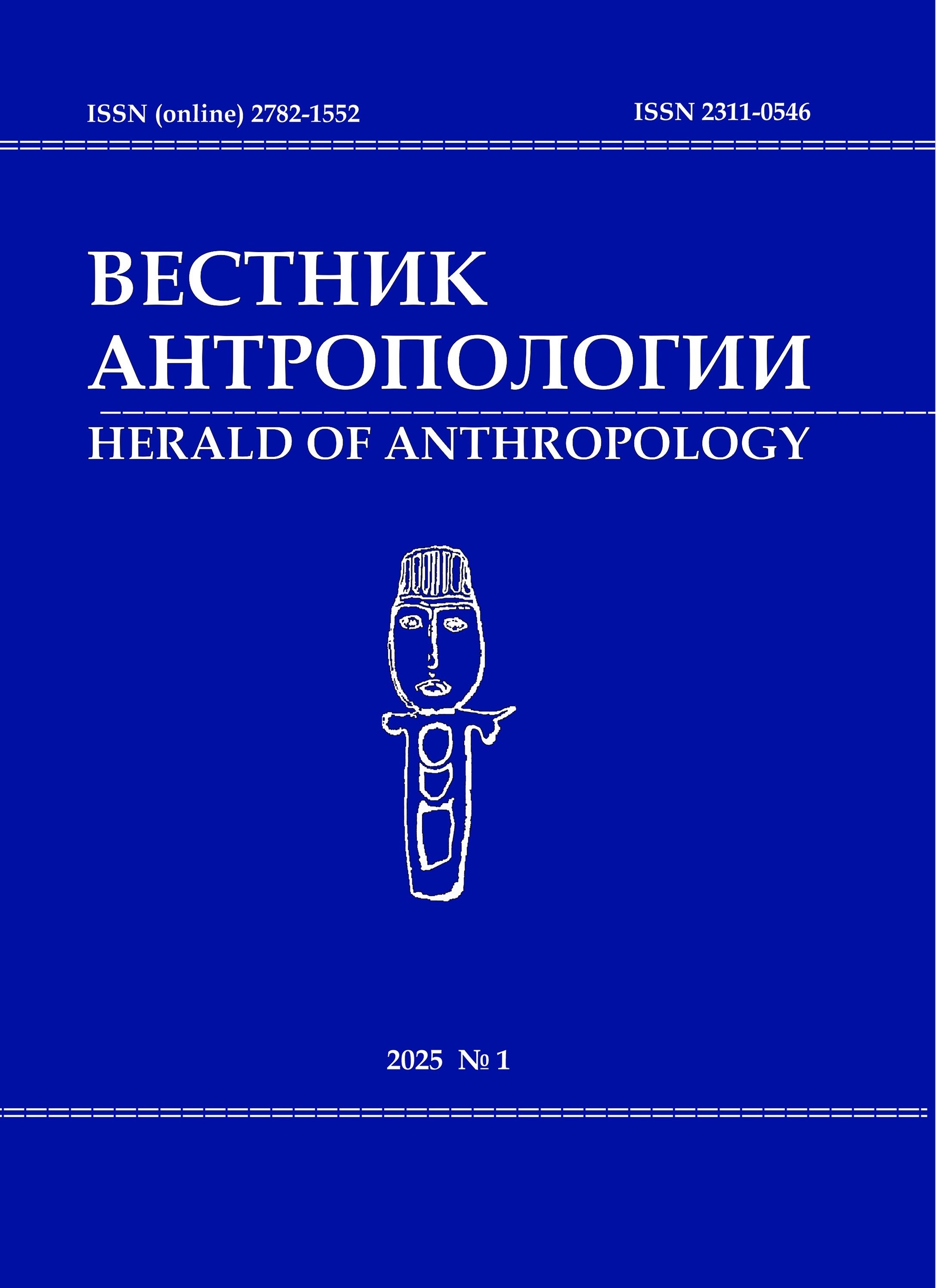Shamans Without Drums: Reflection of Historical Memory in the Narratives of Tuvans
DOI: 10.33876/2311-0546/2025-1/323-336
Keywords:
Tuvan shamanism, narrative, historical memory, , persecution of shamans, secret ritualAbstract
The paper considers the reflection of the historical memory of Tuvans in the narratives that mention the religious situation during the period of the Tuvan People's Republic and the USSR. The topics covered include the persecution of shamans, the ban on shamanic activities, the concealment or confiscation of ritual attributes, the destruction of shamanic burials, and the underground shamanism in 1929–1990. Shamans had to adapt to the new situation, to change their cult paraphernalia and to use smaller ritual objects for the purpose of conspiracy due to the dictates of the time. The rituals were forced to be secret and therefore silent, without drums or ritual costumes, which had never happened before in shamanic practice. Oral stories recorded from both lame people and specialists in magic recall times of anti-shamanistic propaganda and describe the punishments applied to specialists in magic. The underground existence of ritual practice helped to preserve the features of original Tuvan shamanism, which, unlike in other Siberian regions, was not interrupted during the anti-religious period. After the ban on the shamanic tradition Tuvan people did not stop performing collective consecration rites — dagylga, which is a great merit of the underground shamanism.





















